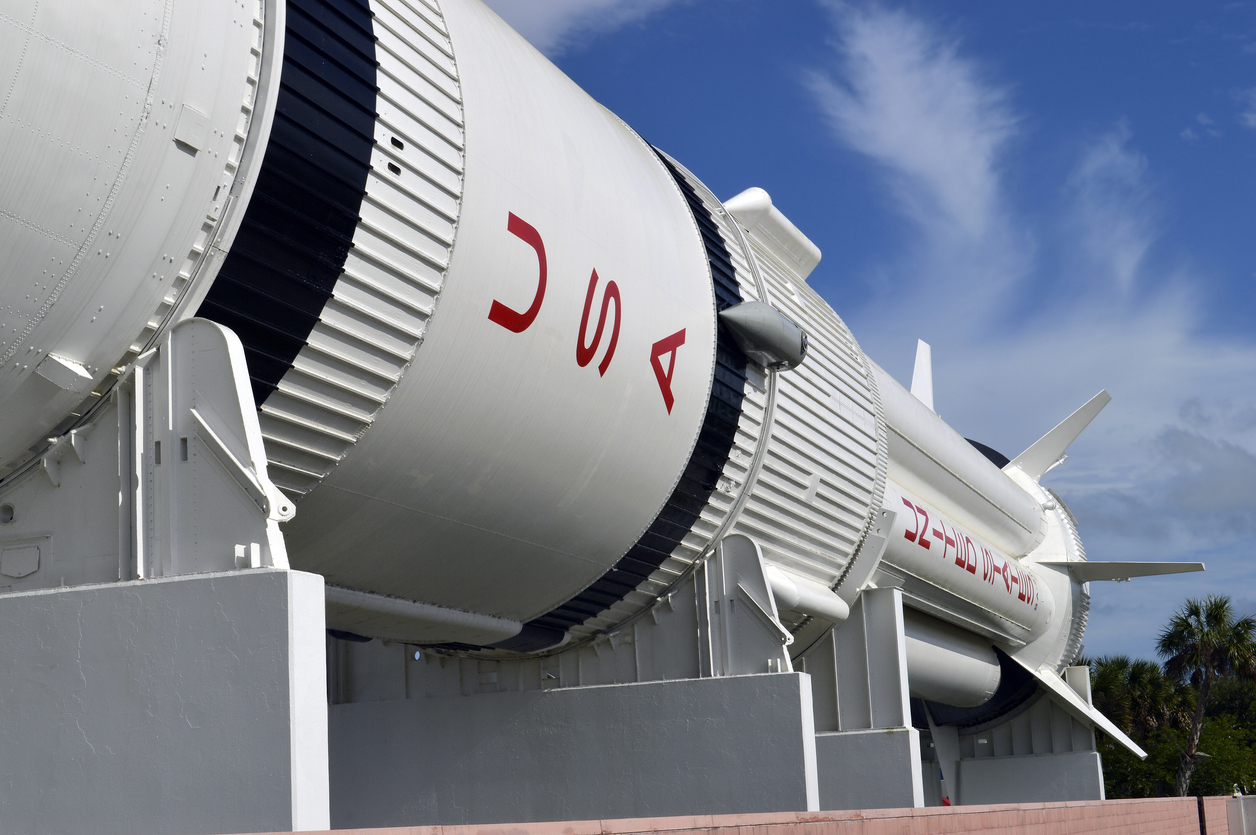
By Kritika Agarwal
The House Science, Space, and Technology Committee held its first full committee hearing of the 119th Congress on Wednesday, February 5, on “The State of U.S. Science and Technology: Ensuring U.S. Global Leadership.” The purpose of the hearing was “to assess the current condition of the United States’s science and technology enterprise and its vital role in the global innovation race.”
Witnesses included University of Texas at El Paso President and former U.S. Air Force Secretary Heather Wilson; Colorado School of Mines Vice President for Research and Technology Transfer and former National Institute of Standards and Technology Director Walter Copan; American Association for the Advancement of Science Chief Executive Officer and Executive Publisher Sudip Parikh; and Foundation for American Innovation Chief Economist Samuel Hammond.
In his opening statement, House Science Committee Chair Brian Babin (R-TX) noted that “America’s economic strength, national security, and quality of life all fundamentally depend on ongoing scientific progress and the strength of our S&T [science and technology] enterprise.” He emphasized that, despite rising private investments in research, the federal government still has a role to play. “Federally funded research is the foundation on which major technological innovations are built, including smartphones, GPS, and the internet,” he said.
Babin also noted that, while the United States “continues to lead in the innovation race,” it faces immense global competition, especially from China. “Today, the United States is at an inflection point, and it is critical for Congress to make strategic investments and reforms to bolster our S&T enterprise and enhance American competitiveness while leveraging the free market,” he said.
The witnesses all emphasized the importance of sustaining investments in research and development as well as workforce training. Parikh, for example, noted that the United States needs to “build and empower the strongest and most adaptable workforce in human history to benefit our people and sustain our leadership in science and technology innovators.”
Witnesses also highlighted the need to partner more closely with industry in areas such as artificial intelligence and quantum science; the importance of keeping our research secure; the impacts of pausing federal funding on research; and the challenge of growing competition from China.
Several committee members echoed the witnesses on the importance of science and technology to the nation, giving the committee a bipartisan start in the new Congress. “For many decades there has been bipartisan consensus that the federal role in basic research is essential,” said Ranking Member Zoe Lofgren (D-CA), continuing: “That we cannot pull back, and that basic research funding needs to continue if we are [to] take the lead in science in the world.”
Kritika Agarwal is senior editorial officer at AAU.